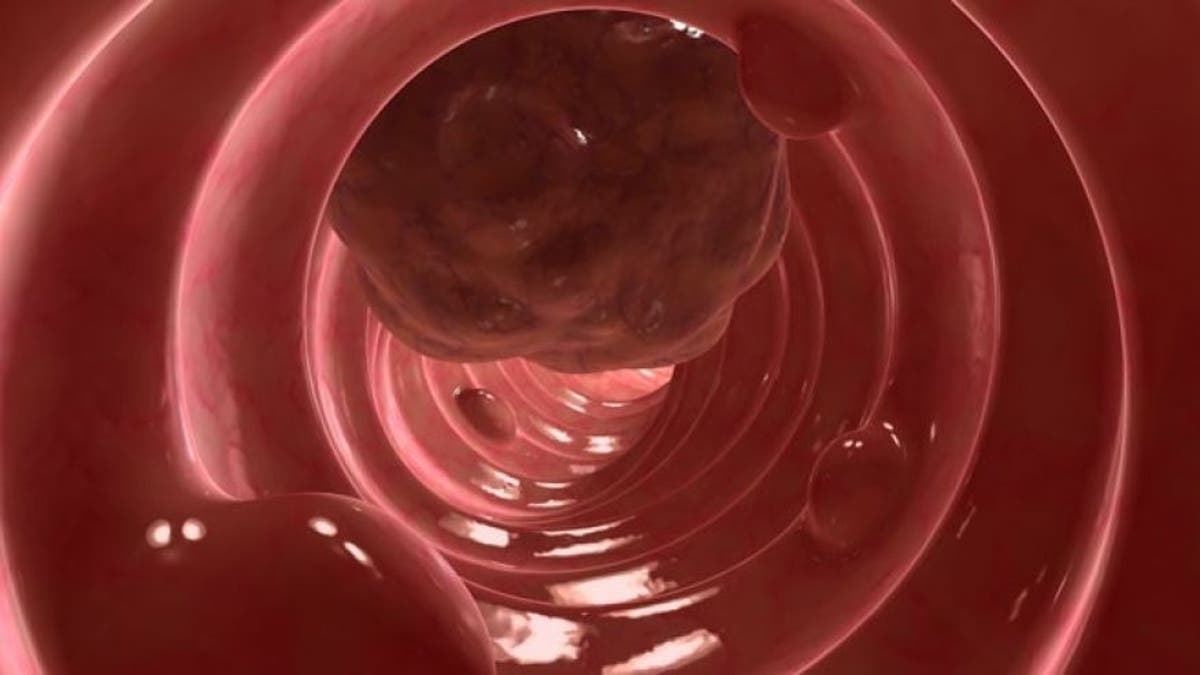
Colon cancer is the third most common type of cancer and the second leading cause of death in men and women combined in the United States. This year, the American Cancer Society estimates there will be more than 95,000 new cases of colon cancer diagnosed.
The good news however, is that deaths from colon cancer in the U.S. are on the decline, a recent report in the journal Gut found.
Although there are certain factors that can increase your risk, experts agree that since diet and lifestyle also play a huge role, there are things you can do to prevent colon cancer today.
1. Get a colonoscopy
“The treatability of colon cancer is much greater if you can detect it at a very early stage than if you detect it too late,” said Dr. Vincent M. Pedre, an integrative and functional medicine doctor in New York City and author of “Happy Gut: The Cleansing Program to Help You Lose Weight, Gain Energy, and Eliminate Pain.”
A colonoscopy is the gold standard for detecting early stage colon cancer and is recommended at age 50 and then every ten years.
One in five people diagnosed with colorectal cancer have a family member who had it as well. If have a first degree relative who was diagnosed, you’re considered high risk and should get a colonoscopy at age 40 or ten years before the age your relative was diagnosed. Early screening is also recommended if you have been diagnosed with ulcerative colitis.
If you had benign polyps removed in the past, your doctor may suggest a fecal occult test, an additional screening done in between colonoscopies to look for blood in the stool, Pedre said.
2. Consider genetic testing
Ask your doctor about a genetic test that looks for M2-PK, an enzyme specific to the colon cells that can be detected in the stool and is approximately 85 percent sensitive to detecting early stage colon cancer, Pedre said.
3. Pay attention to poop
If your stool is black, make an appointment to see your doctor right away because it could mean that you have intestinal bleeding or cancer. Sudden constipation, diarrhea and narrow stool may also be an early indication.
4. Eat the rainbow
Eating a variety— and plenty of— fruits and vegetables is a great way to get fiber in your diet and in turn, good for colon health.
A diet rich in colorful produce also helps the diversity of your body’s microbiome, or the collection of billions of bacteria that inhabit it and play a role in colon health. In fact, colon cells are powered by a short-chain fatty acid known as butyrate, which isn’t produced by the body, only by the healthy flora in the colon, Pedre said.
The only way to create that diversity is through diet.
“When you eat the spectrum of colors that are available in plants, then you’re ensuring all the different vitamins, phytonutrients and different types of folate that your body needs to be healthy,” Pedre said.
5. Eat less meat
Studies show that red meat has been associated with a higher risk of colon cancer. In fact, a recent study by the World Health Organization found that eating 50 grams of processed meat a day increases the risk for colon cancer by 18 percent.
If you do eat meat, watch your portions and limit it to four times a month. Focus instead on plenty of plant-based foods and fish, which is a good source of omega-3 fatty acids and studies suggest can help ward off colon cancer, said Dr. Partha Nandi, a clinical assistant professor at Oakland University William Beaumont School of Medicine in Rochester, Mich. and creator and host of the syndicated television show “Ask Dr. Nandi.”
6. Look for vitamin deficiencies
Adequate levels of calcium and vitamin D have been associated with a lower risk for colon cancer. In fact, a recent study in the journal Gut found that higher levels of vitamin D were associated with a lower risk for developing colorectal tumors. Folic acid remains controversial since some studies show it may lower risk while other studies show it could increase risk.
7. Lose weight
The risk for developing precancerous colorectal polyps may be linked to characteristics of obesity such as elevated levels of the fat hormone leptin, a higher body mass index (BMI) and a larger waistline, a study in the journal PLoS One found.
Although more research is necessary, being overweight or obese has been linked to a higher incidence of colon cancer, which is why a healthy diet and exercise are important.
8. Quit smoking
Smokers have a higher risk for colon cancer than non-smokers and the risk is significantly higher in both current and former smokers, a study in the journal Cancer Epidemiology, Biomarkers & Prevention found. What’s more, a study published in the same journal found that female smokers have a 19 percent higher risk for colon cancer than women who were non-smokers.
9. Limit alcohol
Alcohol has been linked to a higher incidence of colon cancer so limit it to two to three drinks a week.
10. Seek happiness
In addition to diet and lifestyle modifications, having intention and purpose in your life have also been shown to reduce disease. Plus, those who are in committed relationships and who have a healthy support system are more like to make healthy decisions that will prevent colon cancer, Nandi said.
